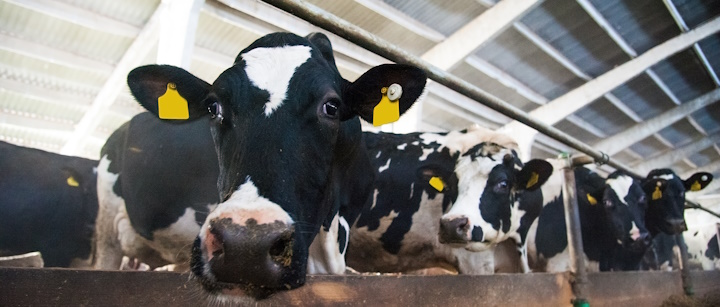In recent discussions surrounding international trade, especially pertaining to dairy exports, clarity is essential. Claims made by former President Donald Trump regarding Canadian tariffs on U.S. dairy products have raised significant questions about their accuracy. Trump has repeatedly stated that Canada imposes tariffs on American dairy products as high as 250% to 270%. However, this interpretation is misleading and requires further examination.
While Canadian tariffs indeed exist at such high rates on paper, these exorbitant fees apply only when U.S. dairy exports surpass specific tariff rate quotas—thresholds that, according to industry experts, American exports have not come close to exceeding. Below these quotas, U.S. dairy producers benefit from zero tariffs, effectively allowing for competitive pricing and increased market access.
The United States-Mexico-Canada Agreement (USMCA), a trade agreement established during Trump’s first term, enhanced the thresholds for these protectionist tariffs. This framework aims to balance the interests of U.S. dairy farmers while ensuring the viability of Canadian producers, which demonstrates a commitment to supporting local agriculture. Additionally, stakeholders within the American dairy industry have voiced concerns regarding regulatory practices in Canada that obstruct U.S. farms’ ability to meet these quotas.
In a recent interview, Trump reiterated claims of “non-monetary tariffs” employed by Canada, yet industry representatives note that the concern stems from internal regulatory practices rather than direct monetary issues. The tariffs are designed to support Canada’s dairy farming community, which is part of a larger strategy to maintain sustainable agricultural practices. Kirsten Hillman, Canada’s ambassador to the U.S., confirmed that these quotas are intended to support Canadian farmers and their families by stabilizing market prices.
Historically, the U.S. has exported substantial quantities of dairy products to Canada, with over .1 billion worth shipped in 2024, marking a significant growth of nearly 55% since 2020. Notably, this increase occurred without resulting in the high tariffs that Trump claims threaten market access. Industry data confirms that U.S. dairy exporters typically do not meet Canadian tariff rate quota thresholds; consequently, triple-digit tariffs rarely come into play.
The relationship between the U.S. and Canada regarding dairy trade continues to evolve. Disputes over tariffs and quotas reflect the multifaceted nature of international trade agreements, where the goal remains to foster mutual benefit while acknowledging domestic agricultural needs. As nations navigate the complexities of trade, ongoing dialogue and transparency will be crucial in addressing ongoing concerns and ensuring equitable access for all stakeholders.
#BusinessNews #WorldNews

